Cold showers are the worst, right? Whether it’s a winter chill or a sudden drop in temperature, hot water problems can ruin your day. The good news is many issues are simple to spot and fix yourself. Below are the most common culprits, quick checks you can do, and the signs that it’s time to call in a professional.
Start with the basics. Is the pilot light on for gas‑fed boilers? Is the circuit breaker tripped for electric heaters? Turn the tap on fully – sometimes a partially closed valve tricks you into thinking the water isn’t heating.
Next, feel the pipe leading away from the heater. If it’s warm but the water coming out is still cold, the problem is likely in the thermostat or the heating element. A quick reset of the thermostat (usually a button on the unit) can restore heat within minutes.
For storage tanks, sediment builds up over time. A cloudy layer at the bottom reduces efficiency and can cause cold spots. Flushing the tank once a year clears the sludge and restores performance. The steps are easy: turn off power or gas, attach a garden hose to the drain valve, open the valve, and let the water run until it’s clear.
If you’ve checked the pilot, reset the thermostat, and flushed the tank but the water is still lukewarm, it’s time to look deeper. A faulty heating element, cracked heat exchanger, or a failing pressure valve can cause ongoing issues. These parts require special tools and safety precautions, especially with gas units.
Another red flag is a strange smell (like rotten eggs) or visible leaks around the heater. Leaks not only waste water but can lead to corrosion and even mold. In such cases, a qualified technician should assess the system. They’ll test pressure, inspect internal components, and recommend repair or replacement.
Older boilers (over 10‑15 years) often lose efficiency, making them expensive to run. If you’re consistently dealing with cold water, low pressure, or frequent breakdowns, upgrading to a modern condensing boiler could save you money in the long run.
Bottom line: start with the easy checks – pilot light, power, thermostat, and flushing. If those don’t work, or you spot leaks, weird noises, or a bad smell, call a certified plumber or heating engineer. Quick DIY fixes keep you warm, but professional help ensures safety and lasting performance.
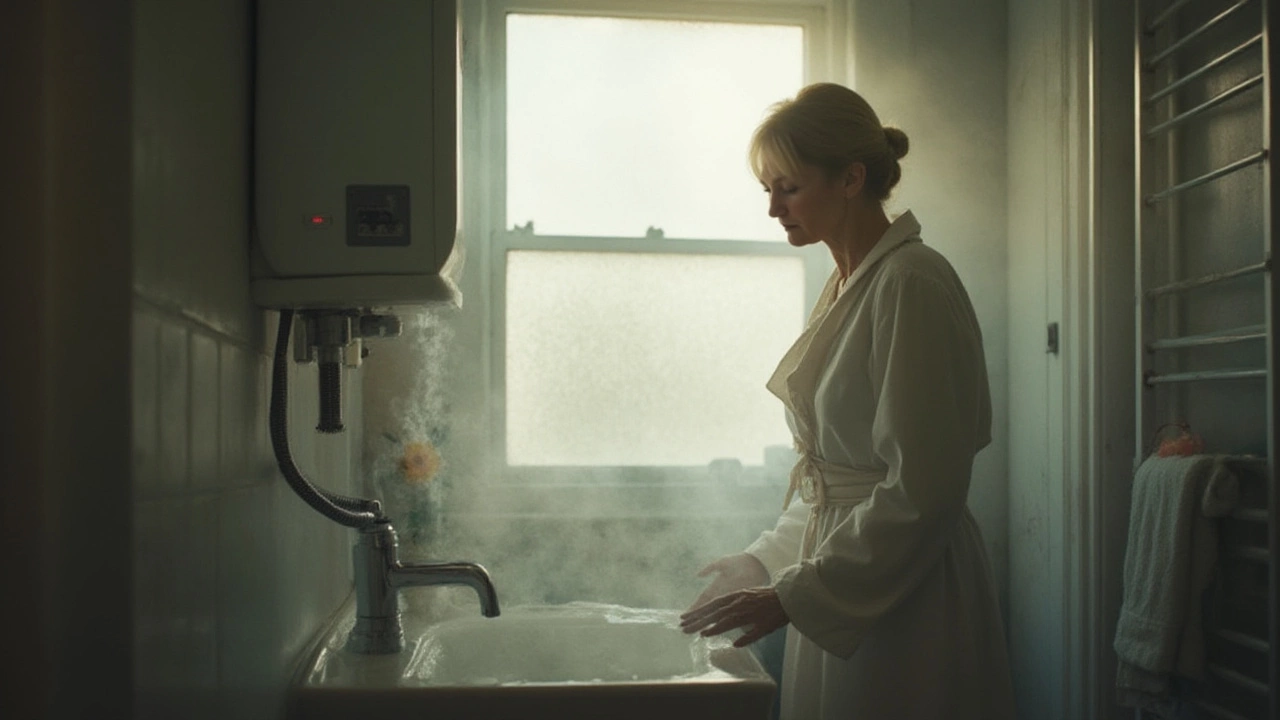
Wondering why your water heater keeps needing a reset before you get hot water? Learn the real reasons, what you can safely check, and when it’s time to call for help.

Is your hot water heater suddenly not working? Here’s what can go wrong, how to spot the problem fast, and pro tips to get hot water back right away.

Dealing with a lack of hot water can be incredibly frustrating, especially during colder months. This article provides step-by-step guidance to identify and fix common issues with water heaters, ensuring you can tackle minor problems yourself before calling a professional. By understanding the functionality and common problems associated with water heaters, you can save time, money, and avoid inconvenient cold showers.
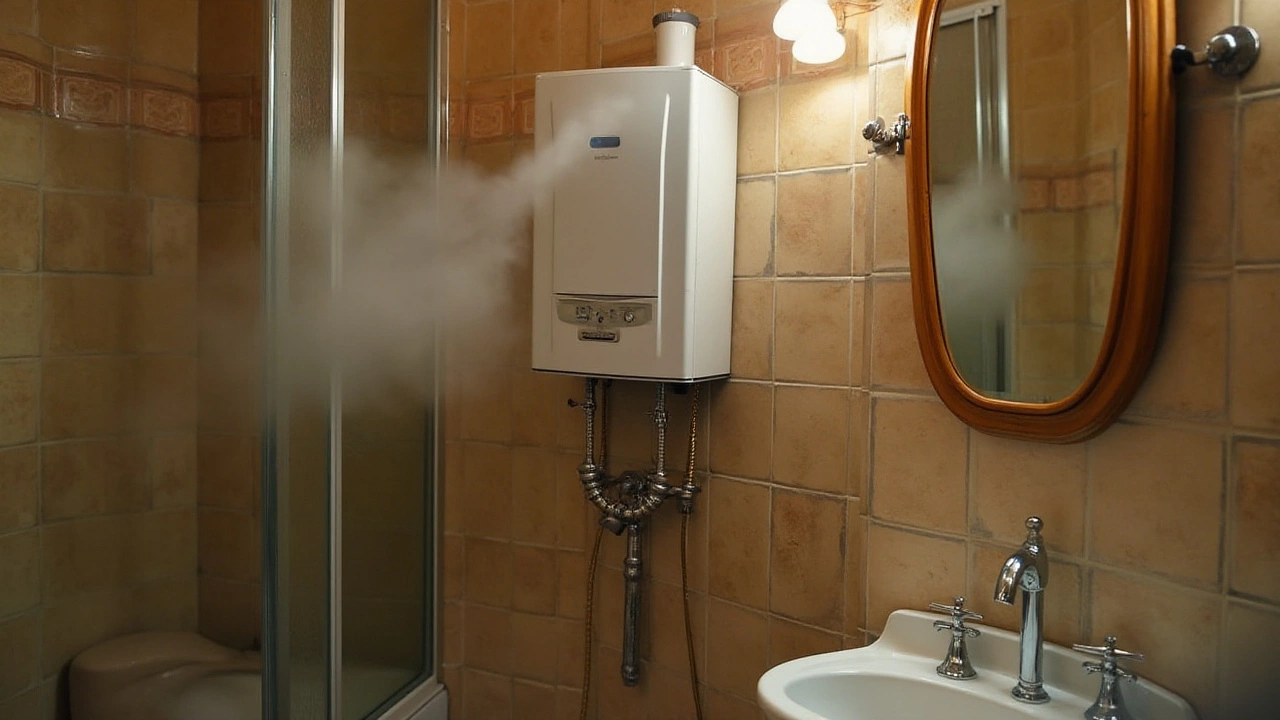
When your hot water heater isn't supplying the steamy showers you're used to, it might be due to a faulty heating element. This article dives into common indicators of a malfunctioning water heater element, such as unusual noises, inconsistent water temperatures, and an unexpected spike in your energy bills. You'll learn how to diagnose potential issues and gather insights on troubleshooting these problems. While some fixes might require professional expertise, understanding the basics can help you pinpoint the root of the problem and decide the best course of action. Get ready to reclaim your warm water comfort!

Experiencing a sudden loss of hot water can be inconvenient and potentially alarming. Understanding common reasons for this issue, such as thermostat malfunctions or a broken heating element, can help you troubleshoot the problem. Sometimes the solution is as simple as relighting the pilot light or adjusting the thermostat settings. For more complex issues, professional repair might be necessary. This article provides insightful tips and practical information to help you get your hot water flowing again.
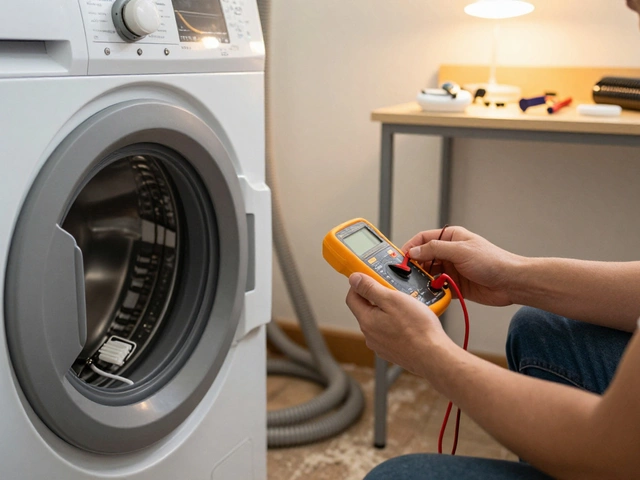
Learn how to fix common dryer problems yourself-no experience needed. Save money and avoid service calls with simple repairs like replacing belts, fuses, and cleaning vents.
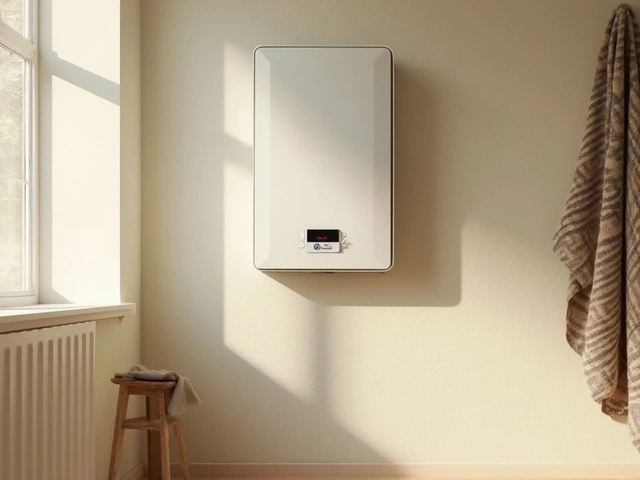
Troubles with your water heater might mean it needs a reset. Knowing when and how to reset it can prevent cold showers and unnecessary stress. This guide covers signs your water heater needs resetting, why it's important, and how to do it safely. Plus, learn some handy maintenance tips to keep it running smoothly.
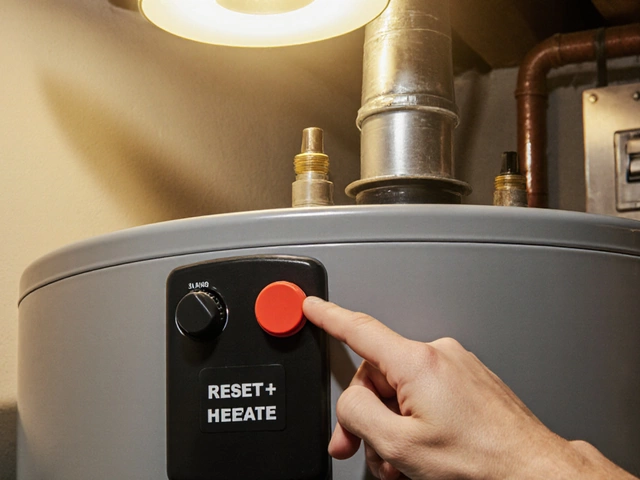
Learn how to safely reset both electric and gas hot water heaters, troubleshoot common issues, and know when to call a professional.

Is it worth repairing a 7-year-old fridge freezer? Usually yes-if the repair is under £200 and the unit still runs efficiently. Learn what fixes make sense, which problems mean replacement, and how much you’ll save on energy bills.

Why would a freezer suddenly stop working? This article uncovers the most common reasons, from electrical hiccups to sneaky broken parts. Get clear tips to troubleshoot on your own before calling in the pros. You'll also find surprising facts—like a forgotten coin trick to check freezing power. Whether it's food loss or a mystery beep, you'll get straight answers and a path to a cold fix.